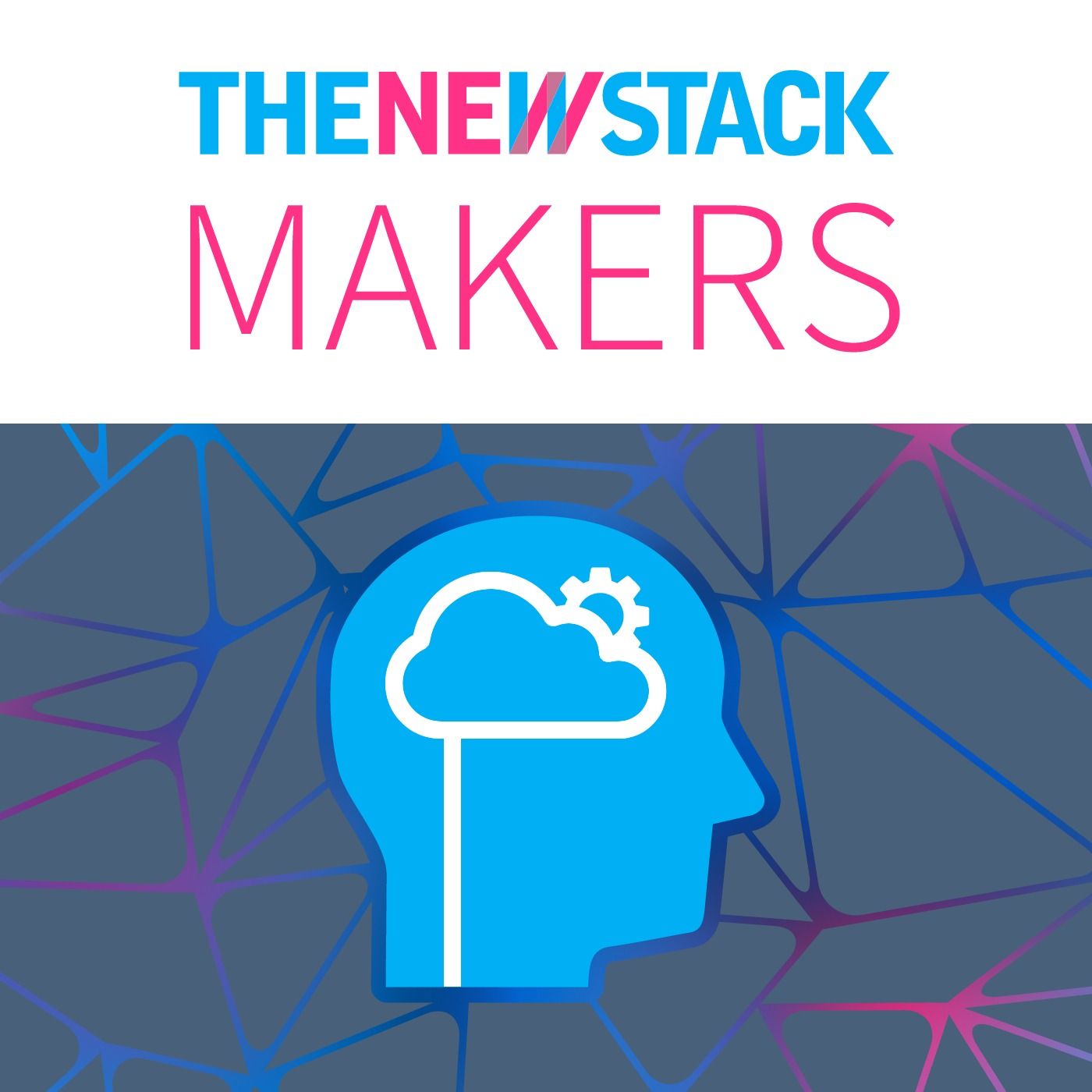Open Source AI and The Llama 2 Kerfuffle
Explore the complex intersection of AI and open source with insights from experts in this illuminating discussion. Amanda Brock, CEO of OpenUK, reveals the challenges in labeling AI as open source amidst legal ambiguities. The dialogue, led by TNS host Alex Williams, delves into the evolution of open source licensing, its departure from traditional models, and the complications arising from applying open source principles to AI, which encompasses sensitive data governed by privacy laws.The focus turns to "Llama 2," a contentious example where Meta labeled their language model as open source, sparking confusion. Notable guests Erica Brescia, Managing Director at Redpoint Ventures, and Steven Vaughan-Nichols, founder of Open Source Watch, weigh in on this topic. Brock emphasizes that AI's complexity prevents it from aligning with the Open Source Definition, necessitating a clear distinction between open innovation and open source.Amidst these debates, the Open Source Initiative (OSI) is crafting a new definition tailored for AI, sparking anticipation and discussion about its implications. The necessity for an evolved understanding of open source and its licenses is underscored, as the rapid evolution of technology challenges established norms. The journey concludes with reflections on vendors transitioning from open source licenses to Server Side Public License (SSPL) due to cloud-related considerations, raising questions about the future of open source in a dynamically changing tech landscape.Learn more from The New Stack about open source and AI:Open Source May Yet Eat Google's and OpenAI's AI LunchOpen Source Movement Emerging in AI To Counter GreedHow AI Can Learn from the Struggles of Open Source

